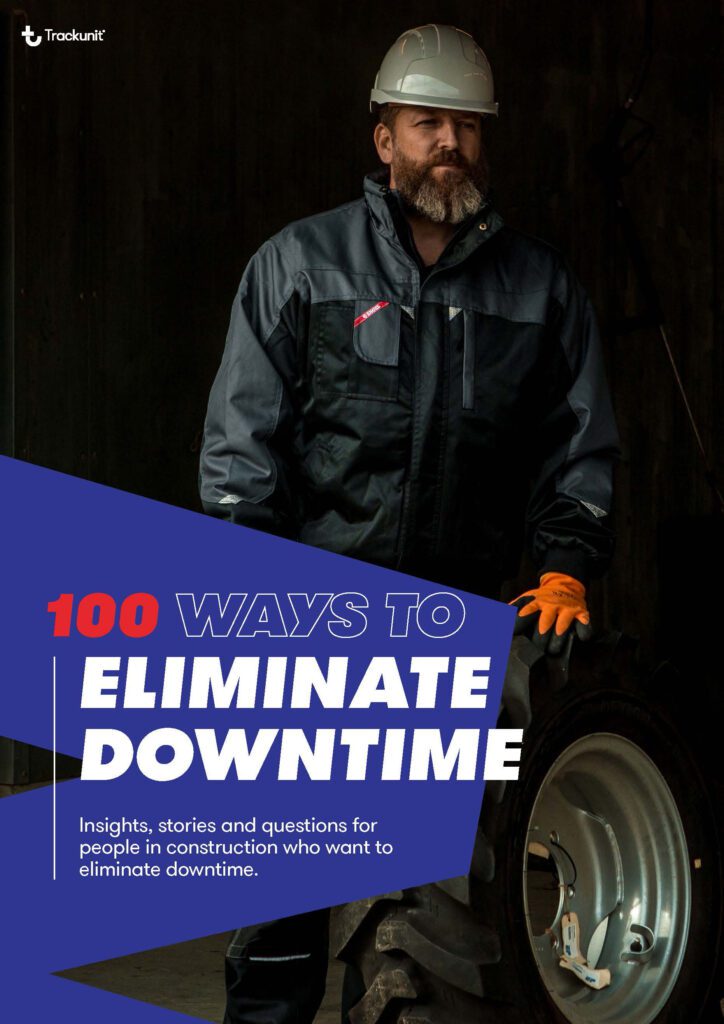The white book is relevant to everybody working in and with construction and has been brought forward by the contribution of committee members, peers, friends and like-minded people – it is truly the result of a collaborative effort.
Here we outline the sheer depth, breadth and impact of downtime, as well as showcasing the champions of the movement, who have been instrumental in forming collaborative efforts to revolutionize and digitize construction, to make it not just more efficient, but also a safer place to be.
In June 2016, McKinsey published an article “Imagining Construction’s Digital Future,” stating that the industry is “ripe for disruption.” Less digitalized than almost any sector except hunting and fishing, construction had not only been a laggard in technology adoption, but was also struggling to get the basics right.
Downtime. It has a name and it is the mother of all our problems.
We call it the mother of our problems. In fact, downtime has a large litter of offspring with many different names including everything from machine breakdowns, construction deviations and worker breaks, to lost tools, machine idling, and a lack of informed planning. Each sibling brings with it knock-on effects, just to add to the chaos.
Downtime is a challenge that pervades every single corner of the construction industry leaving almost no stone unturned. It is for this reason alone that the response to downtime has to be an industry-wide movement. I’m happy to say that many companies and individuals from across the sector are already in. We’re seeing the evidence.
The purpose of this White Book is to curate the stories we’ve collected at major events such as ARA and Bauma, smaller conferences such as our own Predict Summit and Downtime X gatherings, and corner offices and site meetings. We’ve mapped them against the Downtime Model so you may reference them easily
The White Book comprises 100 ideas to help eliminate downtime and increase productivity. Some of these may resonate with the downtime challenges you’re facing now; others may be more long term projects. This piece has no real beginning, middle or end – you do not need to start on page one and read through to the end. It’s there to stimulate your thinking, so just jump straight to content which interests you and use the overview as an orientation.
